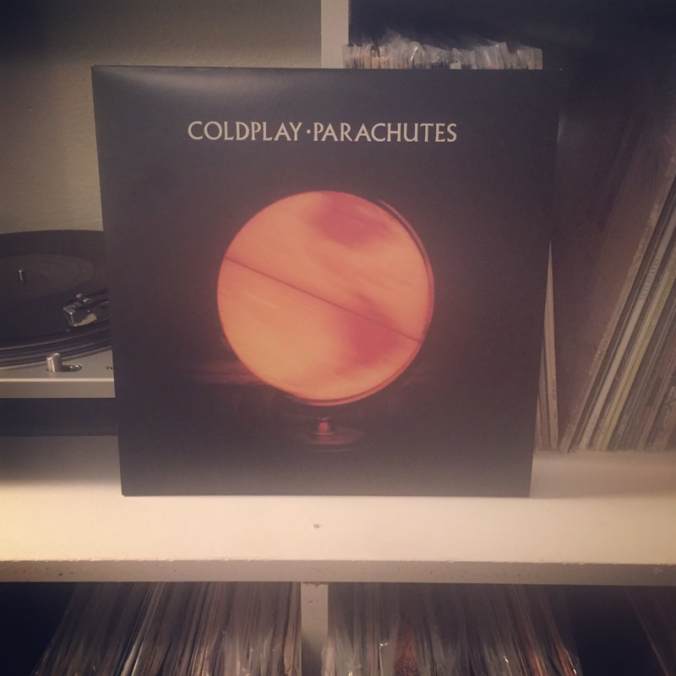When I first listened to this album, I dismissed it. In the face of
Sunbather’s stunning rainbow of shoegaze, post rock, and black metal,
New Bermuda seemed monochromatic. They seemed to be responding to purists’ claims that they were neither black or metal enough and doubled down on their metal chops.
There are more palm muted chunks, more blast beats, more big riffs, and fewer passages of soaring brilliance. Seeing that their masterful blending of metallic and melodic elements is what attracted me to Deafheaven in the first place (and back to metal and hard music as a whole), it made little sense to me to dwell on this album. After all, there’s still Roads to Judah if I need a break from Sunbather.
But on a whim, I decided to listen to it again, and I noticed a far richer story…
All of the colors were still here–they were just shifted a shade darker. The furious black metal boil that stewed the songs on
Sunbather is harder and rawer. Tracks like “Vertigo” and “Pecan Tree” seemed aggressive compared to the rest of
Sunbather, but their brashness functions as
New Bermuda’s starting point.
But as the record progresses, they turn down the distortion and borrow colors from alternative and post-punk. “Baby Blue” opens with a Smashing Pumpkins-esque, clean guitar arpeggio section before exploding into heaviness (now with a lead guitar line that would make Kirk Hammett green).
“Come Home” explores death metal, complete with chugging palm mutes and lower register growls, somehow managing to seam it together with their trademark metalgaze before closing with a beautiful slide guitar solo. The opening verses of “Give to Earth” almost reaches Joy Division territory with a clean, downstroked rhythm guitar and a cut time drum beat (George Clarke is screaming over this, mind you) before it explodes into wall-of-noise guitars (this IS Deafheaven after all).
All in all, despite it’s shift of scale, New Bermuda ends up feeling the same as Sunbather, even if it doesn’t always sound like it it. While it may not be as life affirming, it’s just crushingly beautiful.


